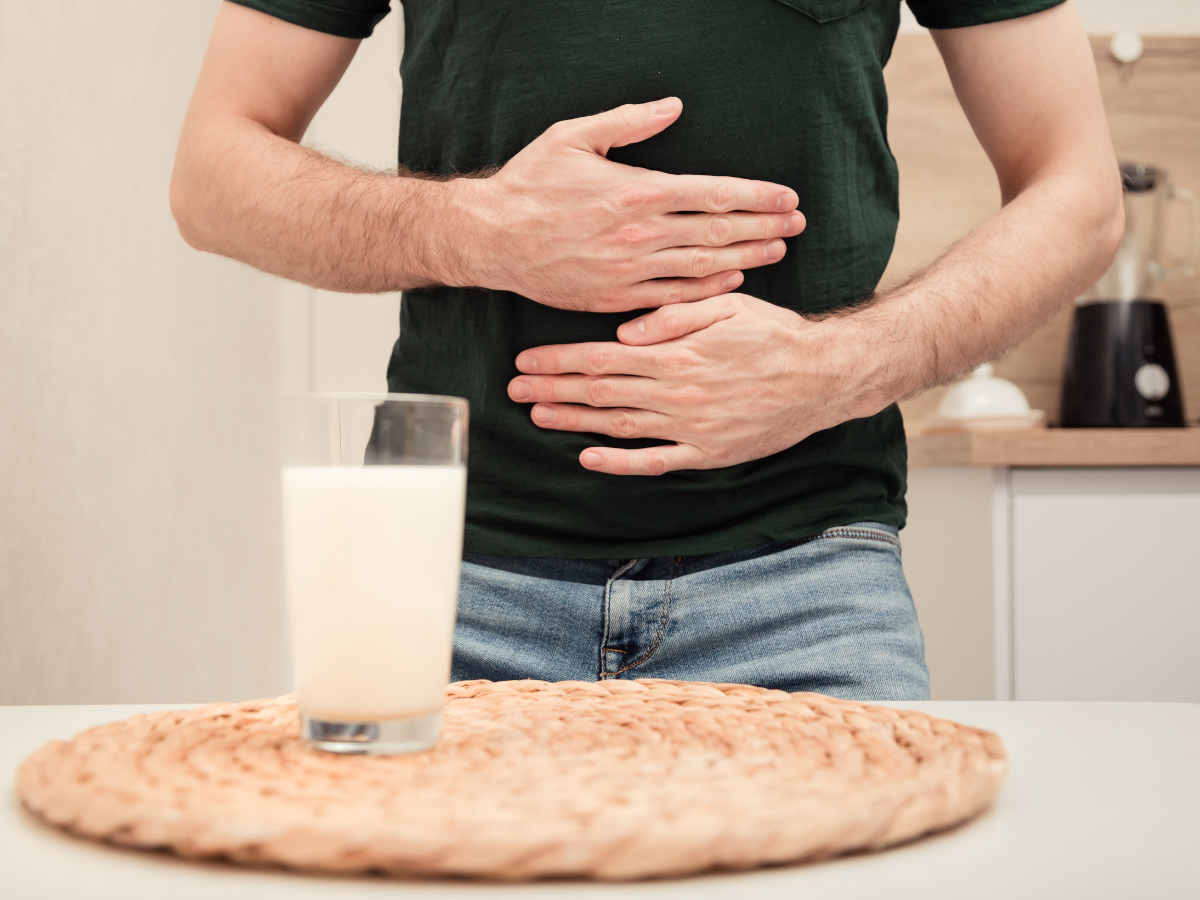What Is Lactose Intolerance?
Millions of Americans can’t digest a certain sugar in milk and milk products called lactose. If you’re one of them, you have lactose intolerance.
The condition isn’t harmful, but it can be uncomfortable and may be embarrassing. There’s no cure, but you can manage it by watching how much milk or milk products you drink or eat.
What Happens In My Body If I’m Lactose Intolerant?

When we drink milk or have a milk-based product, lactase in our small intestines breaks down the milk sugar. It then gets absorbed into the body through the small intestines. But people who are lactose intolerant don’t have it so easy. In them, the lactose doesn’t get broken down. Instead, it goes on to the colon, where it mixes with normal bacteria and ferments. It can cause things like gas, bloating and diarrhea. The symptoms are no fun, but they’re not dangerous. Most people can manage their symptoms by changing their diet and limiting the amount of lactose they consume. Some people do better by cutting lactose out of their diet altogether.
Your body may be able to handle some lactose without symptoms. Experiment to find out the types and amounts of products with lactose you can eat and drink.
There are some steps you can take to test yourself:
Go without milk or milk products for a couple of weeks.
If your symptoms disappear, bring dairy products back into your diet a little at a time to take note of how you react.
If your symptoms continue after cutting out the dairy -- or if they return -- see your doctor to find out what’s going on.
How Do I Know If I’m Lactose Intolerant?
.jpg)
Our bodies react to milk in ways that are easily measured. Two common tests for adults are:
Breath test. This will show if you have high levels of hydrogen when you exhale. If you do, you might be lactose intolerant. That’s because hydrogen is given off when lactose is broken down in the colon. The hydrogen gets taken by the blood up to your lungs, and then you exhale it.
Blood test. This can show how your body reacts after you drink something with a lot of lactose. However, this test is usually not done.
Doctors can also take a stool sample from babies and young children.